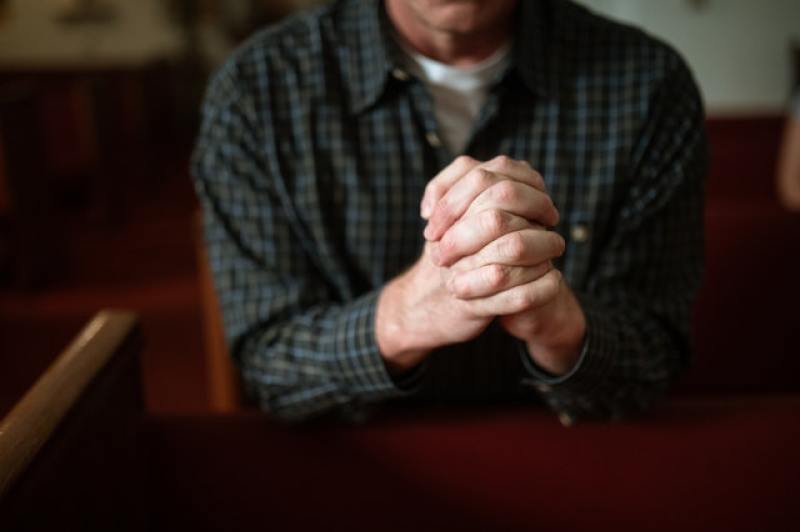
About 40% of adults in the U.S. believe that religion makes the country stronger, a new survey has found.
A new poll conducted by Ipsos and The Episcopal Church has found that nearly four out of 10 adults in the U.S. believe it makes the country stronger, while fewer than 10% think that it makes America weaker. The survey found that 38% of respondents said they believe that religion in the U.S. "makes the country stronger." It was the most popular response.
The study by Ipsos and the Episcopal Church was titled "Jesus in America" and it revealed that 28% of respondents said that religion in the U.S. "divides the country." One-fifth or 20% of respondents admitted they did not know, while 7% said it had "no effect." Meanwhile, only 6% said that religion "makes the country weaker."
The Episcopal Church and Ipsos surveyed 3,119 adults in the U.S. between November 22 to December 2. Among the respondents who said they believe religion "divides the country," 21% were Christians, 38% belonged to other religions, while 50% claimed to be non-religious.
According to the Christian Post, the survey also revealed that only 11% of respondents believe that the January 6, 2021 attack on Capitol Hill was associated with an organized religion. More than half or 63% of respondents said that the protesters had no such association, while 25% said they did not know or refused to answer.
Respondents who believed that the January 6 attack on Capitol Hill mostly associated it with the "Evangelical or Protestant Christian," with 50% of Christian respondents and up to 76% of non-Christian respondents saying so.
When it comes to the youth, the survey found that Generation Z Americans, or those who were born after 1996 were slightly less likely to be non-religious than Generation Y or millennials, who were born between 1981 and 1996. The survey revealed that 24% of Gen Z respondents identify as non-religious versus 28% of millennials who identified the same. Contrastingly, only 12% of baby boomers and 18% of Generation X identified as non-religious.
Meanwhile, when asked about their opinion of Jesus, 76% of Gen Z respondents said their opinion of the Savior changed to be positive, along with 65% of millennials who said the same.
In February, Faithwire reported on a Gallup poll that found that "92% of those who attend church services weekly are satisfied, compared with 82% of those who attend less than monthly," the company's senior scientist Frank Newport said. They also found that "67% of those who attend weekly are very satisfied with their personal life, compared with 48% among those who are infrequent attenders."
In addition, those who attended weekly religious service also said they are "very satisfied," even more than those who "make $100,000 or more in annual household income," Newport said. He reiterated how there is a "long line of studies" that proved the link between religiosity and wellbeing. The survey's summary said that those who are very religious have rated their lives "more positively" and are also less likely to have ever been diagnosed with depression.



















